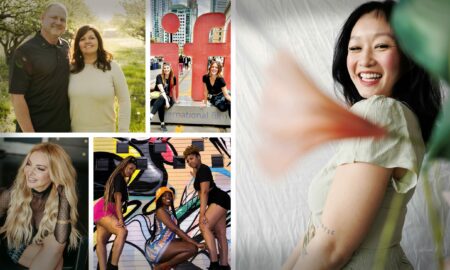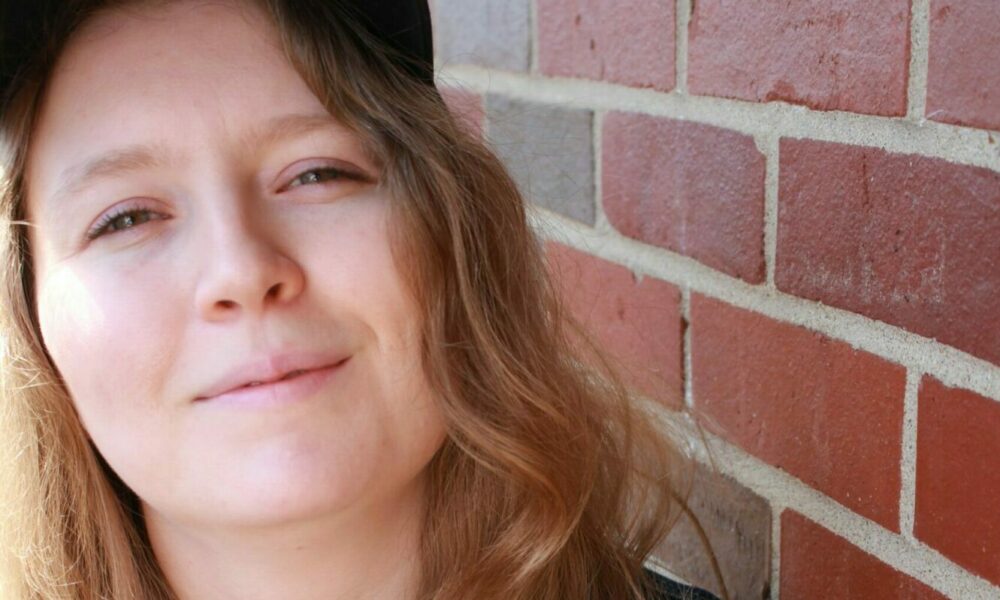

Today we’d like to introduce you to Abby Bland.
Abby, we appreciate you taking the time to share your story with us today. Where does your story begin?
The first time I walked into a Kansas City Poetry Slam was back in the day when we were still at Uptown Arts Bar, a small dark bar with a stage in the back and packed with people all there for poetry. I loved the energy of the event and the power of the stories I heard. I was inspired.
The very next week, I got up on stage at an open mic and read my first poem on stage. I’ve been writing for as long as I can remember but had never considered performing my work until I became a part of the Poetic Underground community. I became a regular at the Wednesday open mic, but it was a year before I decided to take the stage and compete in a slam competition.
Despite my knees shaking the entire time, I did very well in my first slam, making it to the final round. I was asked to take part in the upcoming competition to decide which poets would be representing Kansas City Poetry Slam at the National Poetry Slam in Chicago that summer. I earned a spot on the team and through that experience was able to meet poets from across the country. The next year, our previous program director was preparing to move out of the city, and they asked me to take over the organization, and it was a role that I happily stepped into.
Of course, I didn’t know that there would be a pandemic a few months later. We shifted to virtual events for about a year before going on a brief hiatus. We were able to return to in-person events at Blip Roasters in July of 2021 and it has been such a joy and rush to be back performing in person for live audiences.
My work has definitely shifted gears since being back on stage. I’m excited to say that I’ve started working on my first one-person poetry and comedy show that will premiere at the Fringe Festival this summer.
Can you talk to us a bit about the challenges and lessons you’ve learned along the way? Looking back would you say it’s been easy or smooth in retrospect?
Making the switch from a “page poet” to a “slam poet” was an interesting transition. There is a definite difference between writing for the page, which will primarily be read, and writing for the stage. Poetry has its historic roots in performance and I think most people probably forget about that, having experienced poetry as something they had to read and decipher in high school.
I think the academic setting, where I had primarily been writing, definitely tends to prioritize poetry as written work, which can do a major disservice to the genre. Once I decided I wanted to be a performing poet, I had to learn a new set of skills. I think that was my biggest learning curve. These days, I always talk about slam as the art of winning over the audience, which essentially means the audience needs to be able to connect with your work immediately.
On the page, your reader will have more time to think about what you said and why, but in the heated moment of a slam they need to be able to clearly feel the emotions in your work. This is particularly because slam incorporates a judging process, and judges definitely give higher scores to pieces where they feel that connection or the conviction of the poet.
At Poetic Underground, we always remind our audiences that poetry is a conversation, they’re allowed to audibly react to what the poet is saying on stage. They can snap, clap, hoot, and holler. I think as an artist there is always the tension between being true to yourself and also respecting the audience’s experience of your work.
When I come to the stage I always want my audiences to have a good time, and part of that is thinking about how my performances will make them feel.
Thanks for sharing that. So, maybe next you can tell us a bit more about your work?
These days, I consider myself a spoken word comic. I love writing poems that are funny and uplifting. I think my work is constantly evolving and growing.
I am very excited about the show I’m premiering at the Fringe Festival this summer, which will be a blend of both poetry and comedy. The show is called “You Are Here” and aims to uplift audiences as it highlights the ways we inherit the stories we tell about ourselves and how we always have the power to change the narrative.
It will focus primarily on topics of mental health and personal growth, which I am passionate about.
We all have a different way of looking at and defining success. How do you define success?
My personal definition of success is figuring out where your deep joy meets the world’s great need, which is paraphrased from Parker Palmer in his book Let Your Life Speak. I was gifted that book for my high school graduation and read it again once I graduated undergrad.
I think success is always growth-oriented, but that can look different from person to person. What does it mean to grow? I think there is also always an element of risk involved in growth and success is rooted in the courage to say yes and try things, even if you fail in the short term.
I don’t think that success and failure are opposites, I think they are bedfellows. Ultimately, I have always been more interested in the kind of person I want to be rather than the kind of job I’m going to have, so every day I ask myself have I been kind and present in the lives of those around me?
Have I been a positive influence and presence? Did I lean into my courage today? I sleep easy if I can answer yes to those questions.
Contact Info:
- Website: www.abbyblandpoetry.com
- Instagram: instagram.com/applestoabby
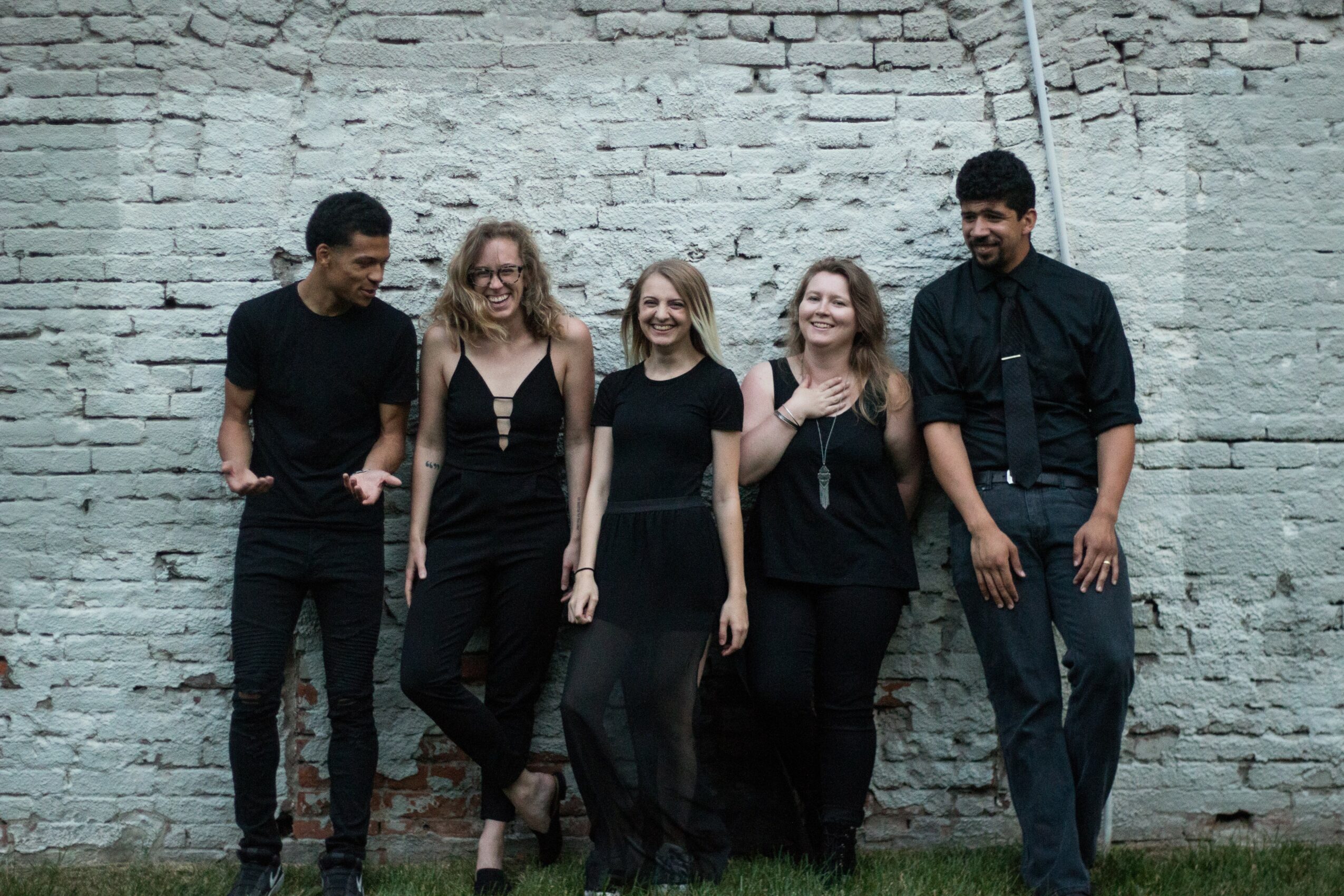
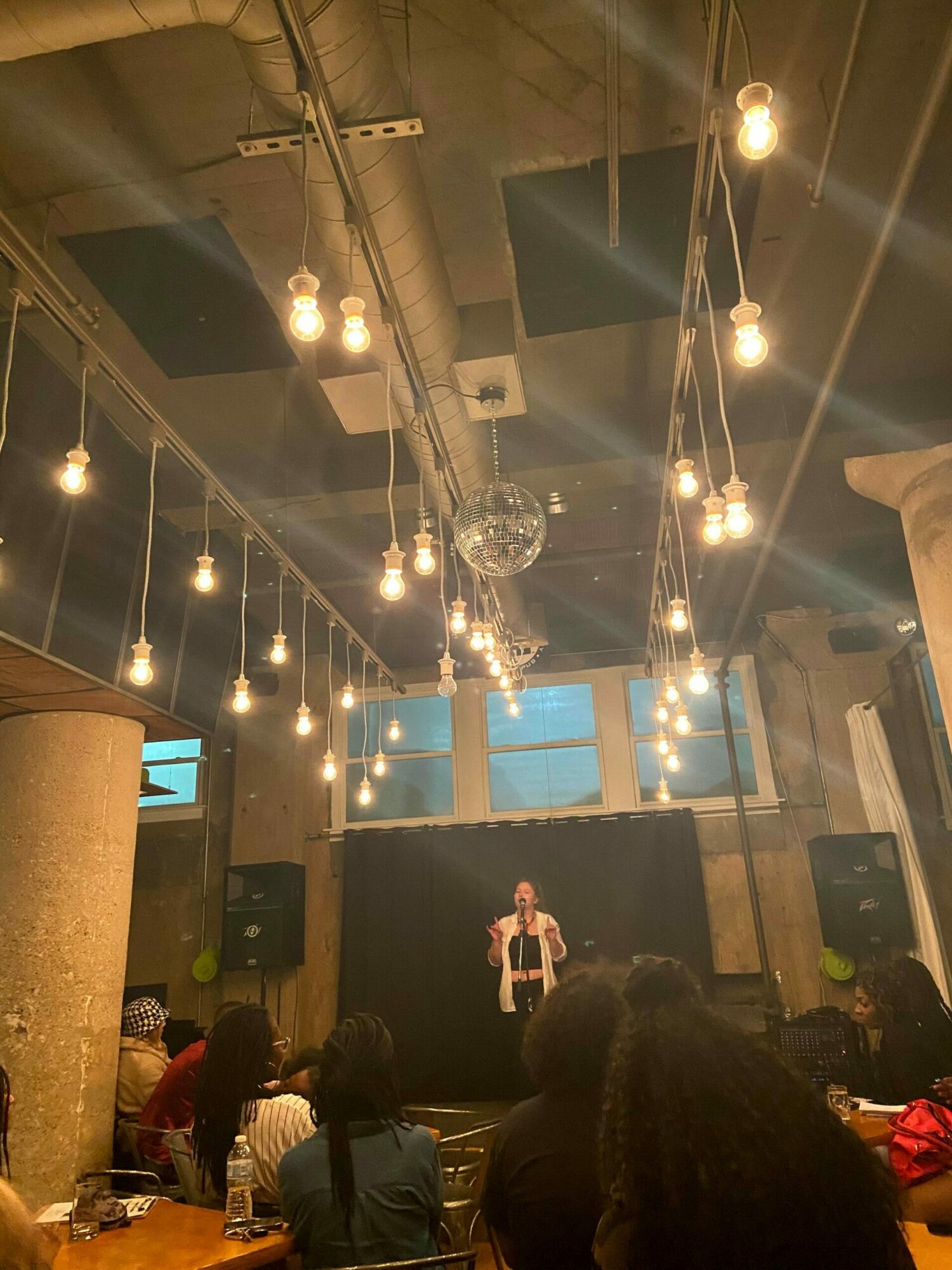
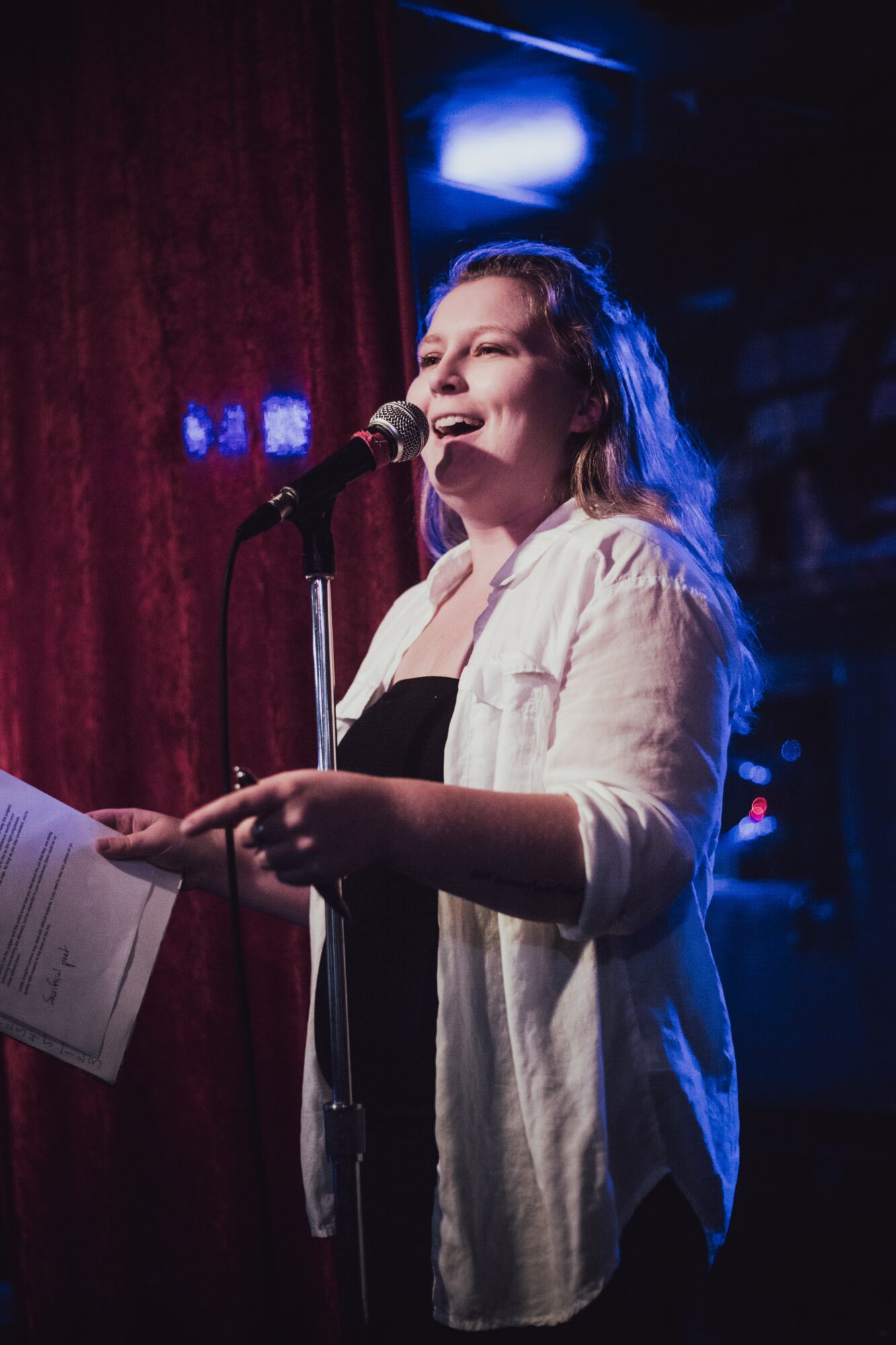
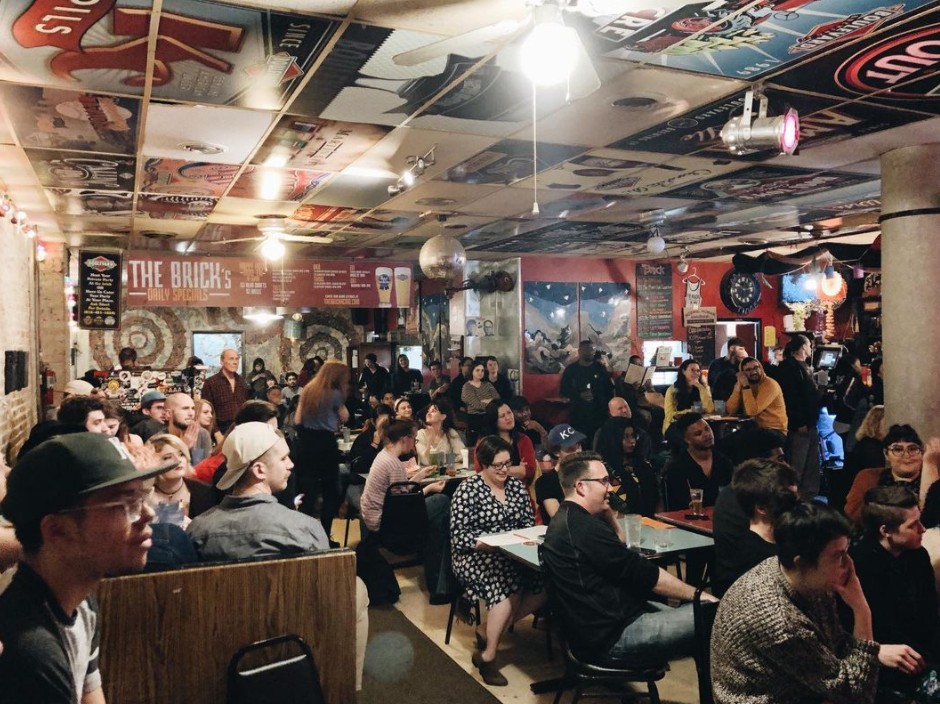
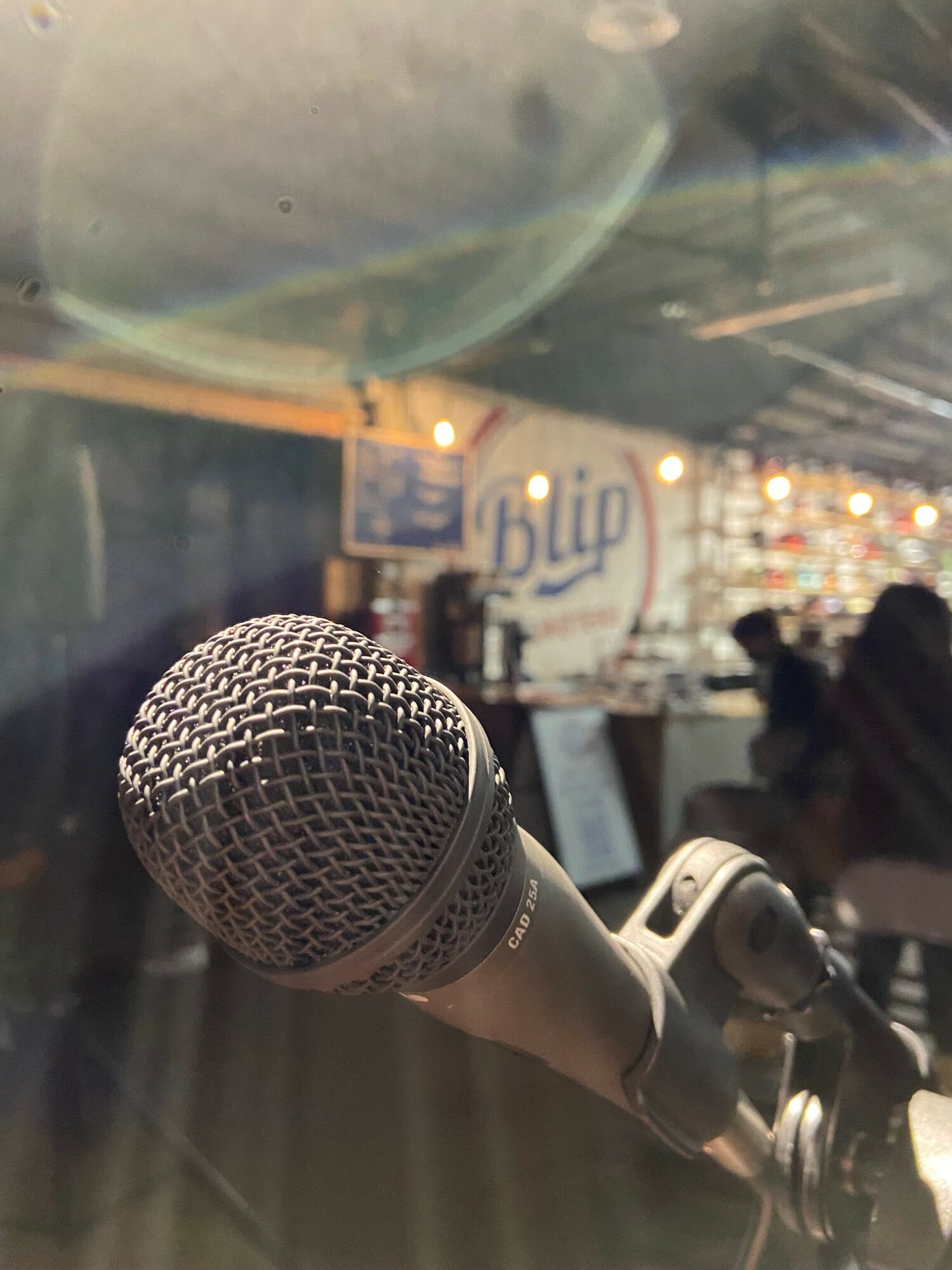 Image Credits
Image Credits
Asia Raine Photography

